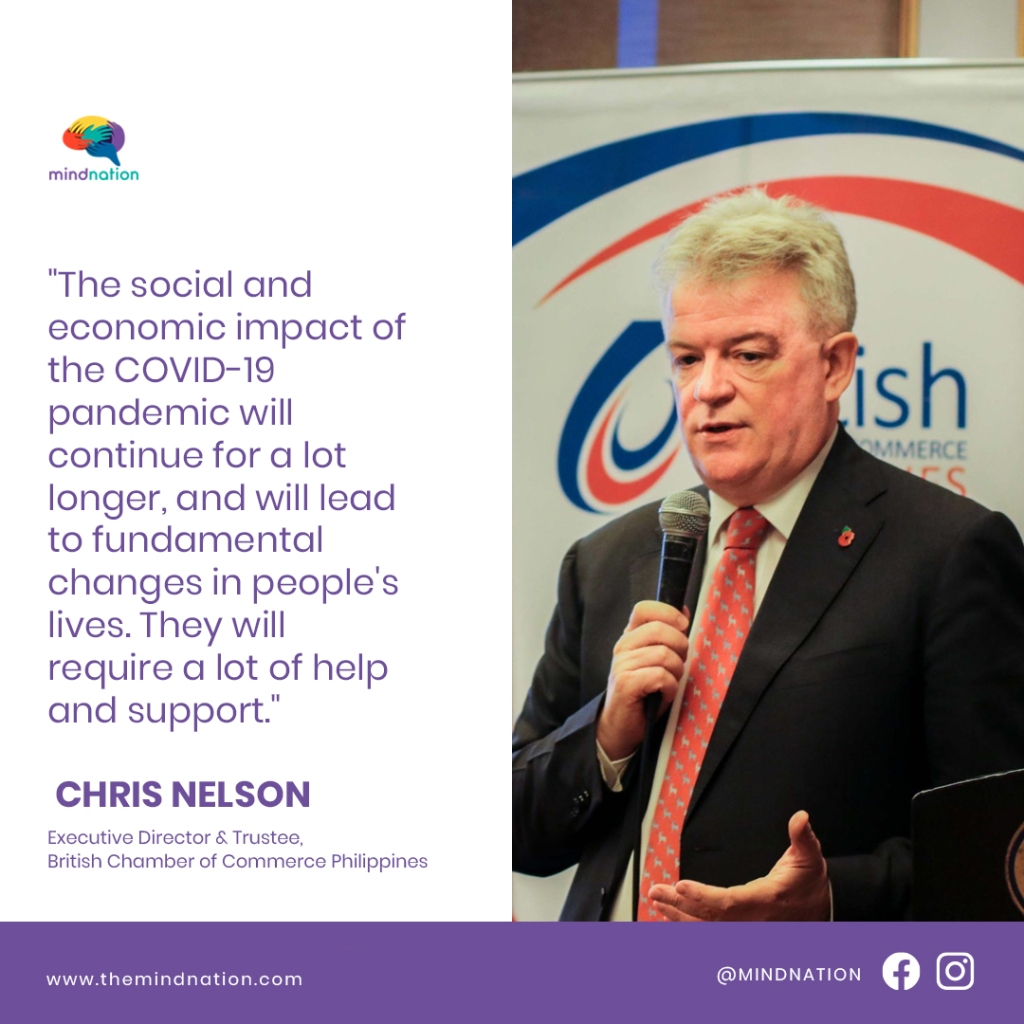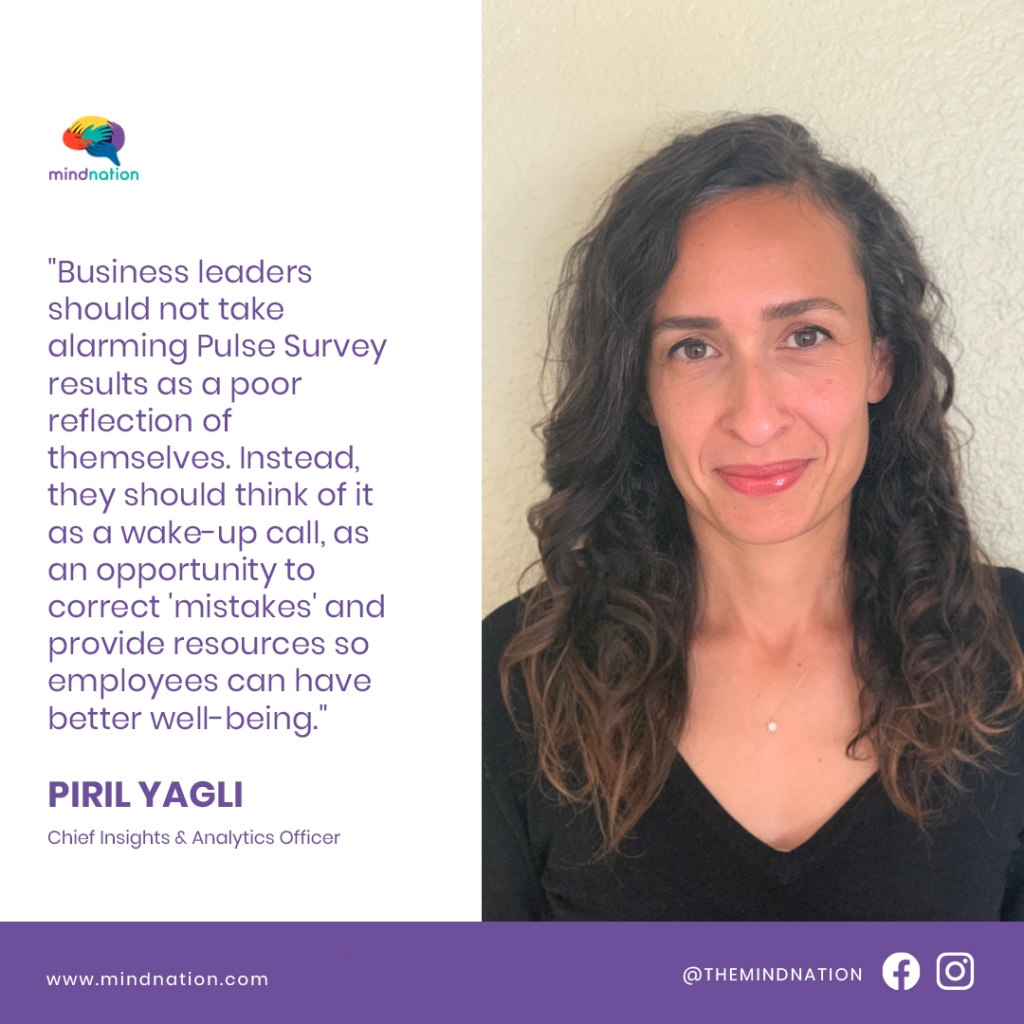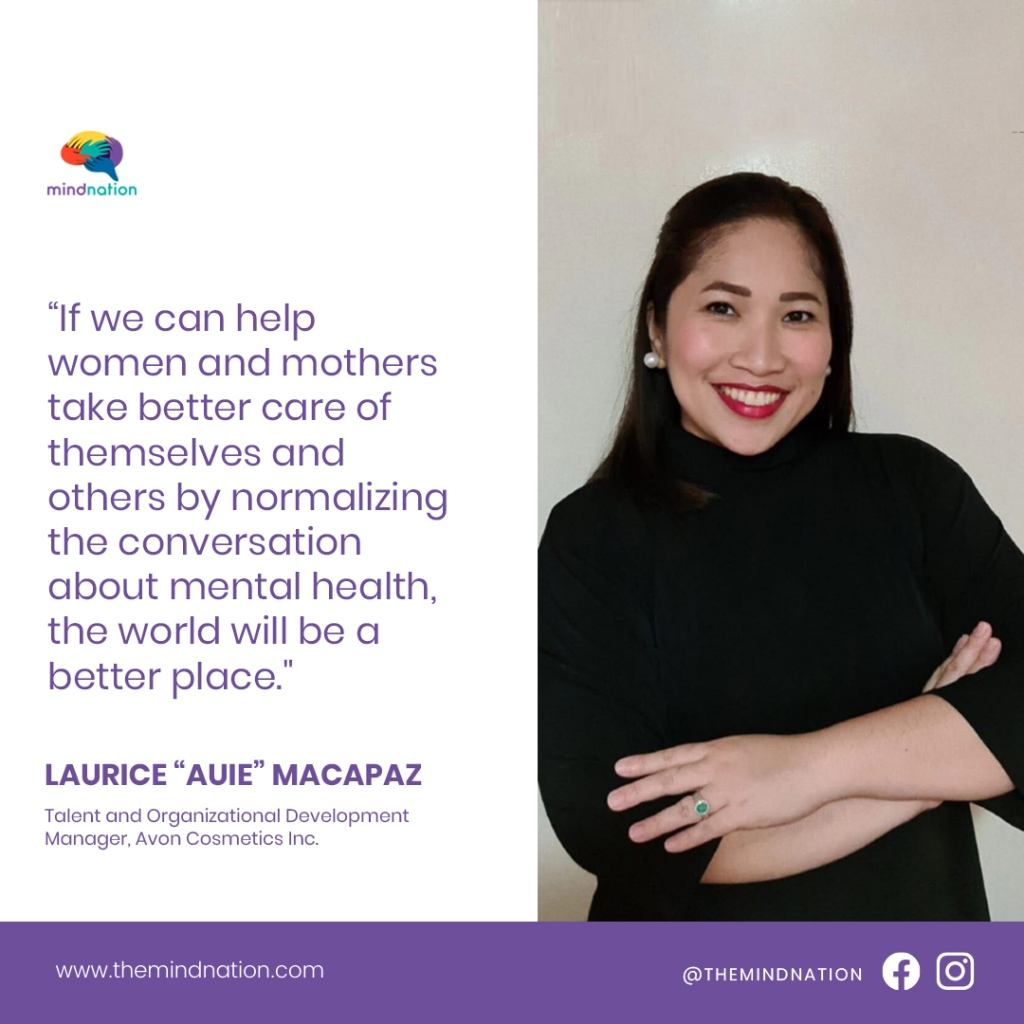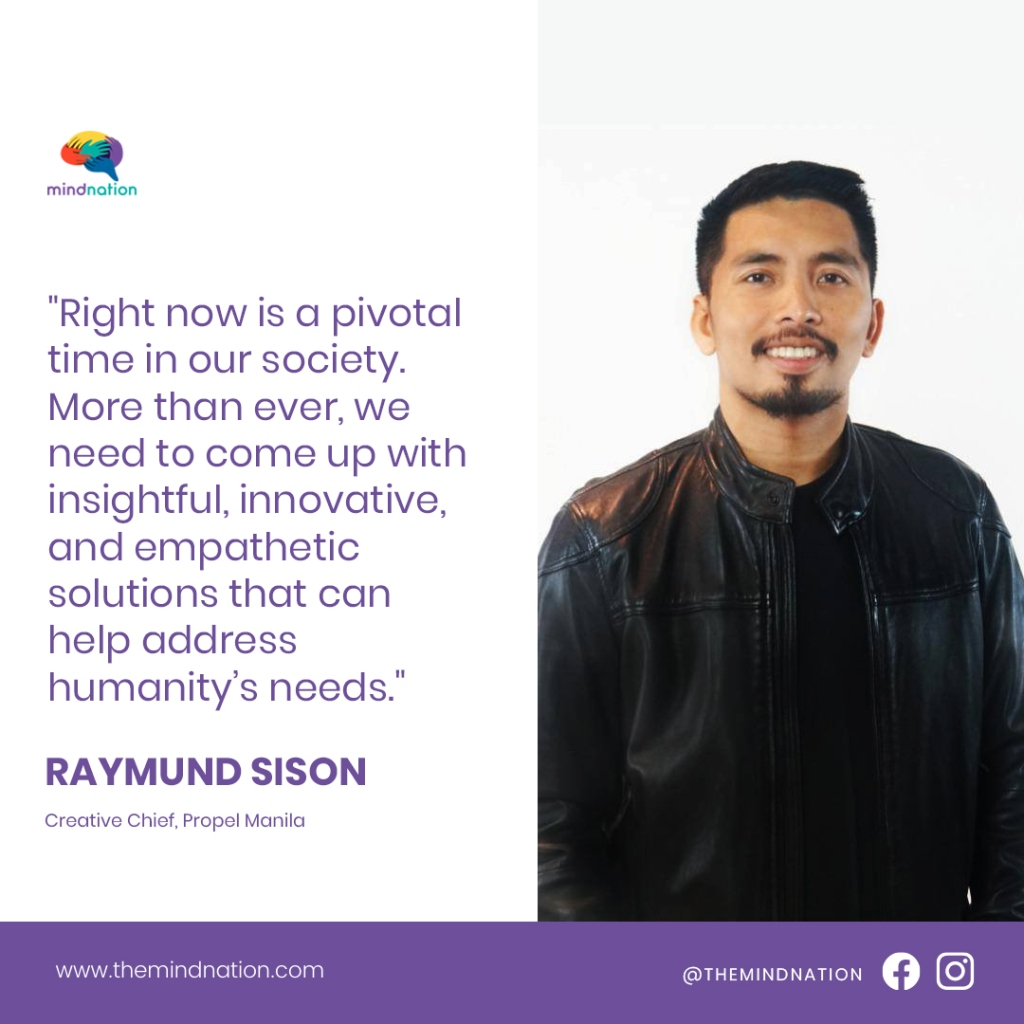As Executive Director and Trustee of the British Chamber of Commerce of the Philippines (BCCP), Chris Nelson is responsible for developing the business and social interests of 300-plus member organizations and 600-plus individual members in the country.
“It’s an understatement to say it’s been a challenging time,” Chris admits, when asked how the chamber is faring during the COVID-19 pandemic. “We have had members whose businesses have been closed for 18 months, as well as individuals who are unable to come back into the country. Additionally, we also have corporate members who are now struggling to pay their membership fees.”
Communication and collaboration
Chris and BCCP do their best to support these struggling members through constant communication, not just between themselves but also with relevant third parties. “We constantly check in with our members to see how we can assist and what support they need. At the beginning of the pandemic, for example, we were in constant contact with the Philippine Department of Trade And Industry, relaying our members’ inputs and wishes so that whenever new lockdown guidelines were being drafted by the government, their points of view would be considered,” he explains.
And for those members who convey that they can really no longer continue their membership with BCCP for whatever reason, Chris makes sure not to burn bridges. “We always thank them for their past support and tell them that they are always welcome to come back when circumstances change,” he says.
Be forward-thinking
Another thing Chris does to ensure that collaboration and communication continue despite the pandemic is to stay active. “With the challenges of the pandemic, it would be easy to just not do anything at all,” he says. “But if that’s the case, we might as well stop operating. So we adopted a forward-thinking mindset. For example, whatever events we did before the pandemic, we tried to continue doing them, albeit through a virtual set-up. These include everything from training webinars to a Christmas party! It wasn’t the kind of Christmas party that we would have liked to have, but we still ran it, and more importantly we got many people to participate.”

Partners in well-being
BCCP and MindNation co-hosts webinars related to mental health and well-being for their network. As a Gold Member of the BCCP, MindNation provides the chamber with expert advice and customized solutions on how their other members can build happier, healthier, and more productive teams. “MindNation webinars are always appreciated by our members,” Chris affirms. Also known as Company Culture Drive© Talks, these virtual trainings are conducted for organizations to increase awareness on mental health topics and stop the stigma surrounding those with mental health concerns.
“People have been facing so many challenges because of the pandemic — from losing their jobs to social isolation — that I believe well-being is now more important than ever. People need the support that MindNation provides because they’re either on their own or they’re in very difficult circumstances and don’t know what to do,” Chris adds.
Furthermore, Chris believes that business organizations need to prioritize mental health well-being in the workplace because of the long-term ramifications of the pandemic. “The social and economic impact of the COVID-19 pandemic will continue for a lot longer, and will lead to fundamental changes in people’s lives,” he stresses. “What was a challenge in the beginning of March 2020 is not the same as the challenges of September 2021, and will continue to alter in the months and years to come. Employees will require a lot of help and support, so what MindNation does is important and will continue to be important.”
Do you want to build happier, healthier, and more productive teams? Partner with MindNation to avail of customized solutions that can address your employees’ holistic well-being needs. Visit www.mindnation.com now!


















